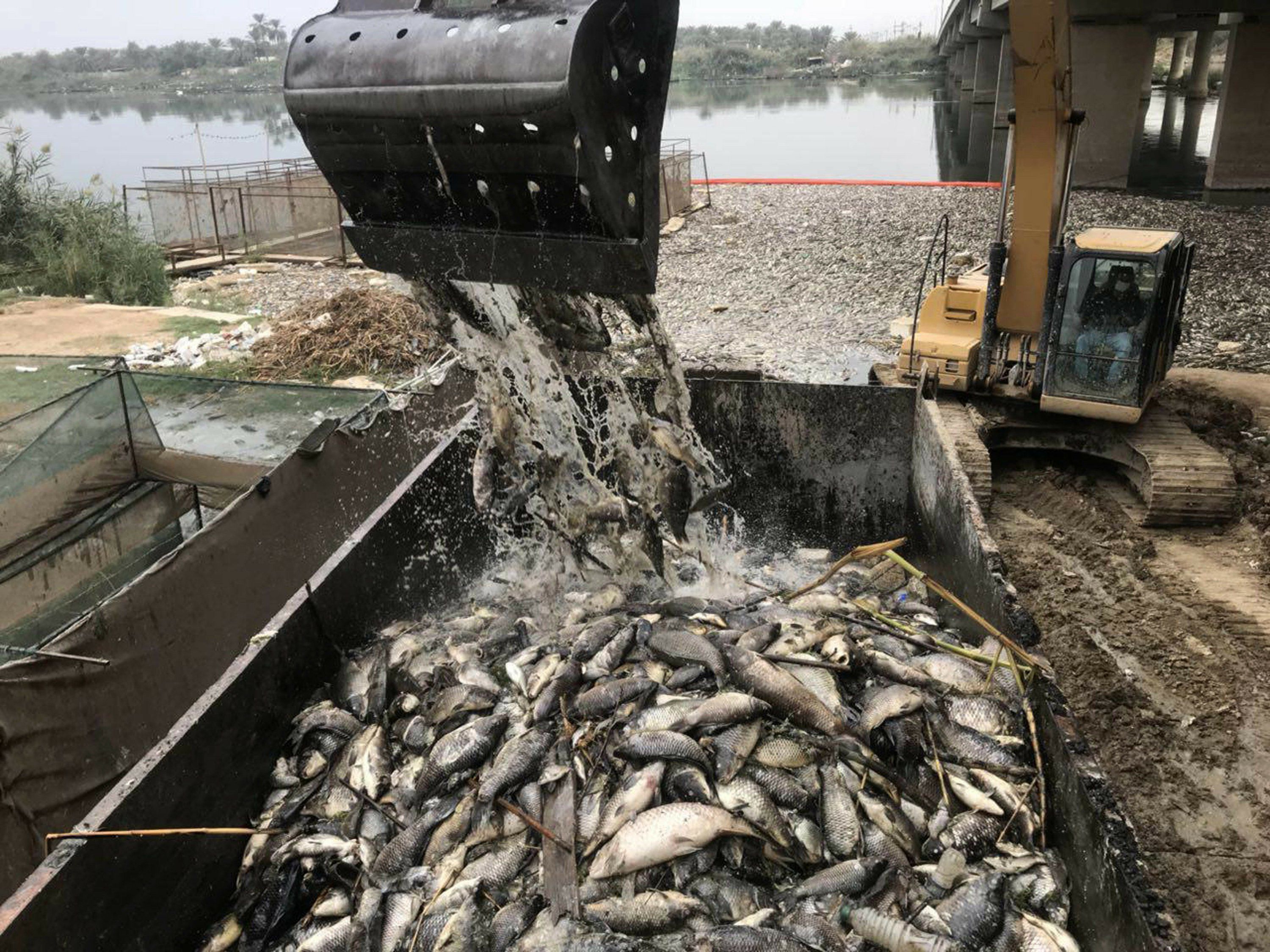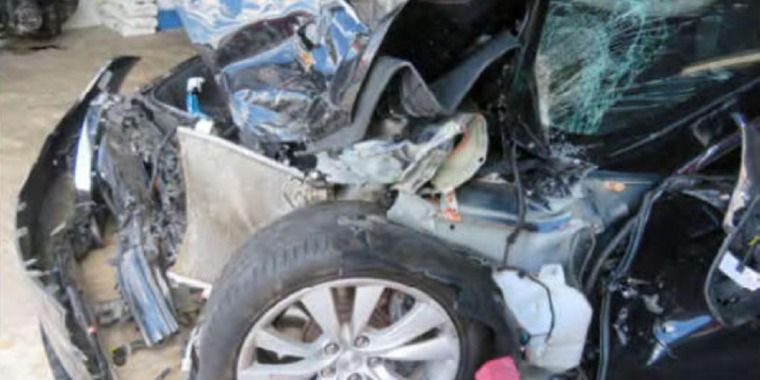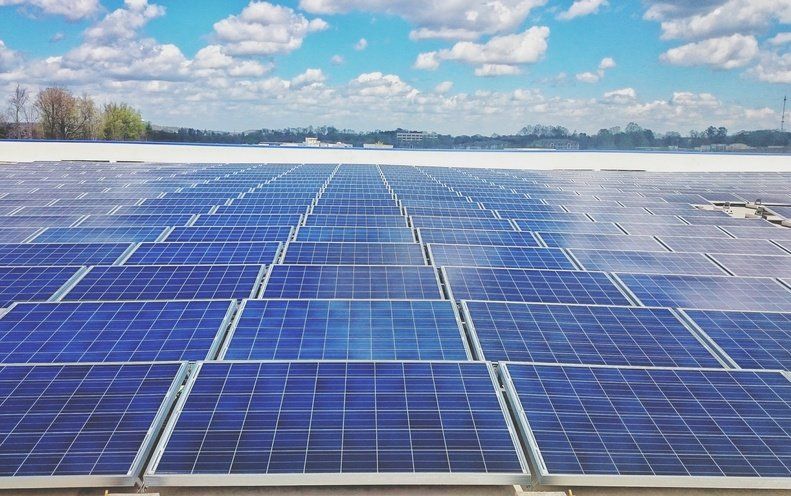What if we could bottle solar energy so it could be used to power our homes and factories even when the sun doesn’t shine?
Scientists have spent decades looking for a way do just that, and now researchers in Sweden are reporting significant progress. They’ve developed a specialized fluid that absorbs a bit of sunlight’s energy, holds it for months or even years and then releases it when needed. If this so-called solar thermal fuel can be perfected, it might drive another nail in the coffin of fossil fuels — and help solve our global-warming crisis.
Unlike oil, coal and natural gas, solar thermal fuels are reusable and environmentally friendly. They release energy without spewing carbon dioxide and other greenhouse gases into the atmosphere.









